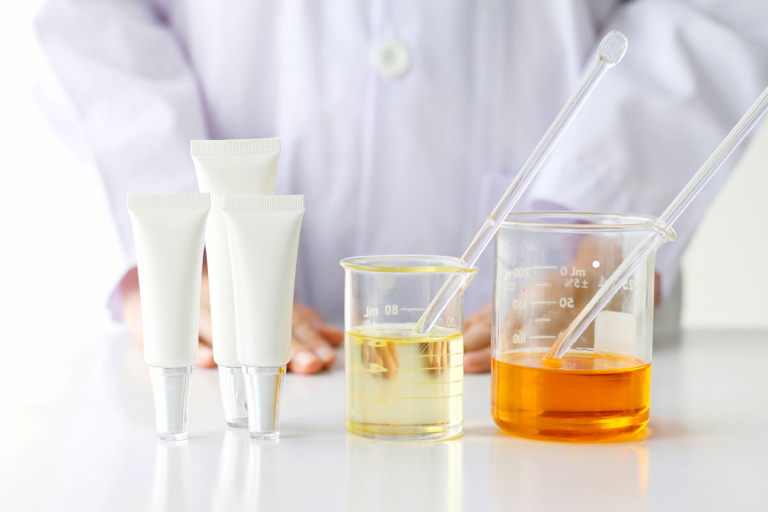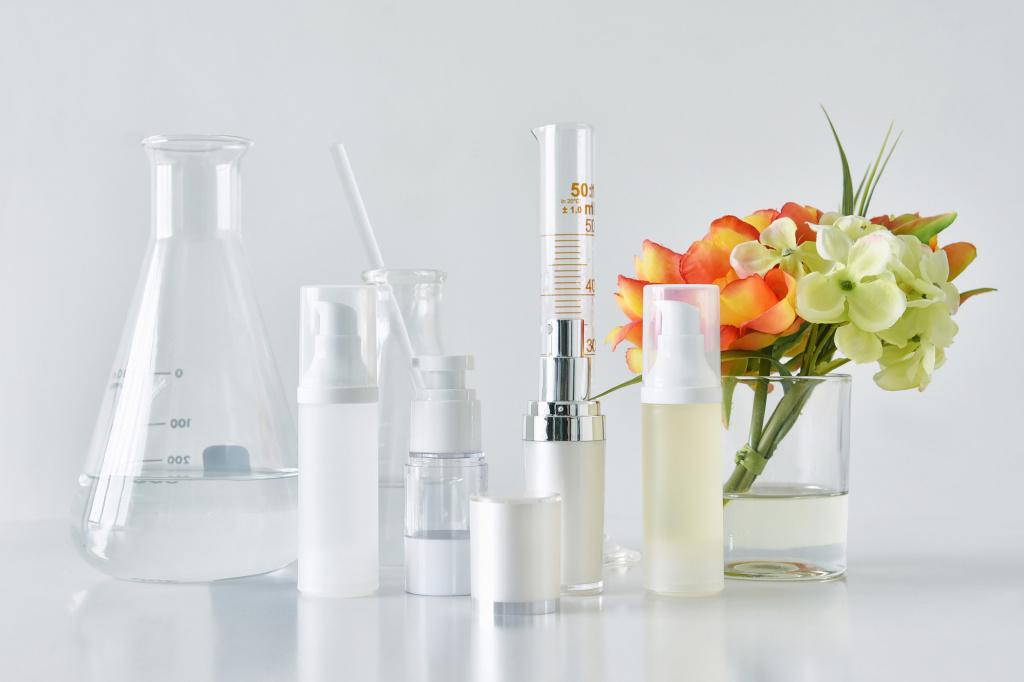Maybe you’ve given any thought to the impact that non-organic cosmetics have on the environment, but beauty products have become an integral part of our day-to-day lives. The majority of conventional cosmetics include a wide range of hazardous chemicals that are not only hazardous to our health but also to the environment. These chemicals are harmful both directly and indirectly. This article will discuss the impact that using non-organic cosmetics has on the environment, as well as offer suggestions for how readers can make decisions that are friendlier to the planet.
Conventional cosmetics often contain harmful chemicals that can leave an impact on the environment over the course of time. For example, the manufacturing of synthetic ingredients and materials for packaging contributes to the release of greenhouse gases, which in turn contributes to climate change. In addition, synthetic ingredients that are not biodegradable, such as oils derived from petroleum and plastic microbeads, contribute to the pollution of marine environments, which is harmful to marine life.

Cosmetics that are not made from organic ingredients also pose a threat to the environment. The chemicals found in cosmetics have the potential to contaminate soil and harm wildlife if they make their way into the water supply through waste water and runoff. There are a number of chemicals that are used in cosmetics that are known to be endocrine disruptors. Some of these chemicals include phthalates, parabens, and formaldehyde. These chemicals can have negative effects on the hormone regulation and reproductive health of animals and humans.
The manufacturing of conventional cosmetics also has a sizeable detrimental effect on the surrounding ecosystem. The mining of minerals and metals for use in cosmetics has the potential to damage the surrounding environment in a variety of ways, including the destruction of soil, the cutting down of trees, and the contamination of water supplies. In addition, the production of cosmetics requires the utilization of both energy and resources, which results in the generation of waste and carbon emissions.
Therefore, what steps can we take to lessen the damage that our cosmetics cause to the environment? Making the switch to organic beauty products is one of the most effective methods. Natural ingredients are used in the production of organic cosmetics. No synthetic fertilizers, pesticides, or genetically modified organisms are used in their cultivation or harvesting, and organic cosmetics do not contain any of these ingredients.


Organic cosmetics are packaged using eco-friendly materials that are either easily recyclable or biodegradable, both of which are desirable qualities in a container. You can lessen your impact on the environment by selecting organic cosmetics, which will also help you to reduce your carbon footprint and show your support for environmentally responsible agricultural practices.
The impact that conventional cosmetics have on the environment is significant, and it is high time for us to take some kind of action. We can have a smaller negative impact on the environment and better preserve our own health if we opt for organic cosmetics. Let’s contribute to a healthier planet by making decisions that are more environmentally friendly.




No comment